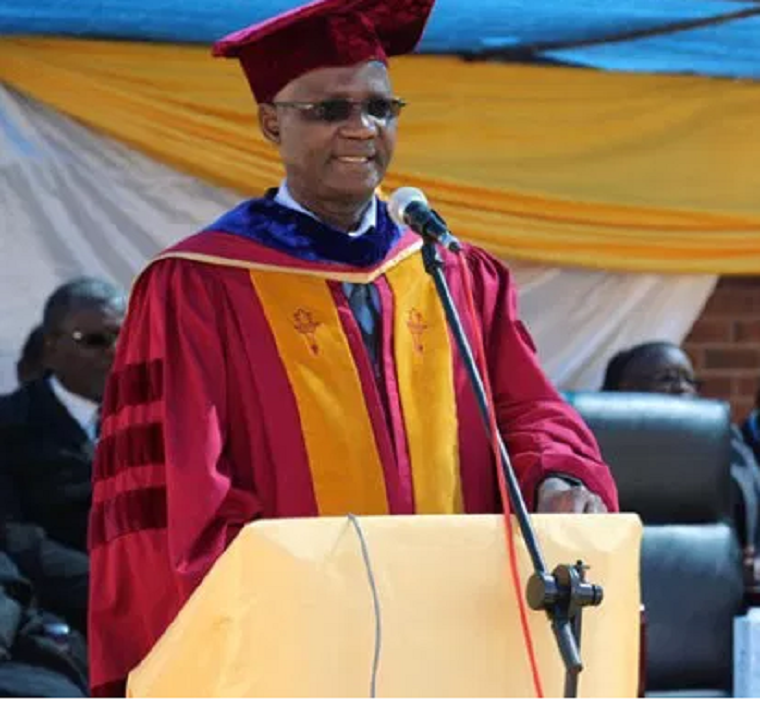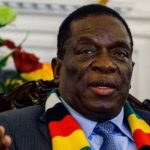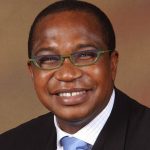BSR: There is a widespread belief that it was a bloodless coup. However, you have challenged this claim. There have been whispers that it was indeed bloody, but no one has been forthcoming with specific details. What more can you tell us about the casualties of the coup? Is it true that there were fatalities?
ANSWER: Yes, there were fatalities. I intend to detail these in my two books. What I can say for now is that, President Mugabe was told of fatalities by security organs the day he officiated his last state university graduation ceremony as Chancellor at Zimbabwe Open University during the coup on 17 November 2018. Otherwise, yes, there were fatalities and the truth will soon or later come out as it always does. Otherwise, it is not surprising that this information remains suppressed. People who to this day are suppressing the information on Gukurahundi fatalities cannot tell the truth about coup fatalities. There were fatalities on 1 August 2018 and shameless efforts were done to hide those fatalities by getting spineless medical doctors to try and falsify the cause of death from gun wounds to something else. But in the end the truth prevailed.
BSR: What do you think about the role of the regional and international community during the coup? Why didn’t anyone from the region or internationally intervene to back Mugabe when it was clear that he was being forced out by the military? Is there any truth in the claim that some regional leaders were unimpressed and would have intervened?
ANSWER: I am not sure what is meant by the assertion that no one backed President Mugabe. There were opportunities for President Mugabe to get support. Some were squandered, and others became too little, too late. I know for a fact that initially there are some leaders who offered to help as soon as the news of the coup broke out, but President Mugabe was not keen to consider that. In fact, as I indicated earlier, President Mugabe believed that the situation would be resolved internally. He was committed to that. The fact that this message of an internal resolution was conveyed, through SADC emissaries when they were in Harare on 17 November 2017 slowed things down.
Some countries, certainly within SADC, guaranteed President Mugabe’s security by letting the coup makers know, in no uncertain terms, that any harm on the President or his residence would attract a swift and stern response. Some elements among coup makers wanted to invade Blue Roof, especially on 18 November 2017 but the coup commanders new only too well that such an action would have triggered a reversal of the coup.That is why the coup announcer declared in his coup broadcast that President Mugabe was safe. So, the theory that President Mugabe was isolated is not altogether correct.
Otherwise, even going by the public record, it’s clear that Britain and China supported the coup. The immediate past British Ambassador was a coup busybody. I would not be surprised to learn that her CV now lists “toppling Mugabe who appeared invincible” as her most outstanding diplomatic feat in her career. In any event, it’s a fact that the anti-Mugabe sentiment was strong in and outside the country and the coup makers took maximum advantage of that.
Continued next page
(982 VIEWS)


